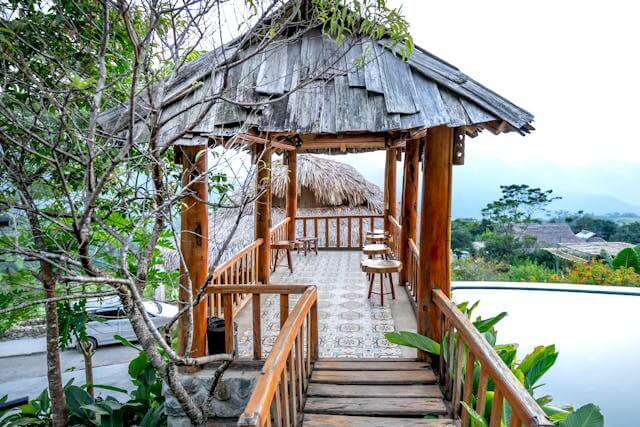Georgia Tiny House Zoning Laws Overview
Georgia administers residential construction through the State Minimum Standard Codes under the Georgia Department of Community Affairs, while zoning is decided by counties and cities. A foundation built tiny home that qualifies as a dwelling is reviewed under the locally enforced residential code. Accessory dwelling units and detached cottages depend on the local zoning ordinance, which can differ across metro, small town, and rural districts. Movable tiny houses on wheels are typically treated like recreational vehicles for licensing, so full time residential use only works where zoning allows placement and utilities can be permanently connected. Because the state stretches from mountains to the coastal plain, site constraints range from flood elevations and hurricane winds on the coast to steep driveways and wildfire mitigation in the north. Successful applicants confirm who has zoning authority on the parcel, verify whether a second unit or small detached home is allowed, and coordinate with environmental health on wells and septic when public utilities are not available.
Georgia uses statewide minimum codes. Long term living in a tiny house on wheels depends on local zoning and approved utilities.
Understanding the zoning laws is just the first step. Once you know what is legal in Georgia, you can start looking at tiny houses for sale in Georgia or connect with experienced Georgia builders who work within these regulations. If you want a turnkey solution, consider joining a tiny house community in Georgia where all the zoning and permits are already handled.
Before you buy land or start construction, use our zoning finder tool to check specific county requirements, and get a budget estimate with our free tiny house cost calculator. If you're planning to go off-grid, check out our comprehensive off-grid living guide to understand utility and septic requirements.
